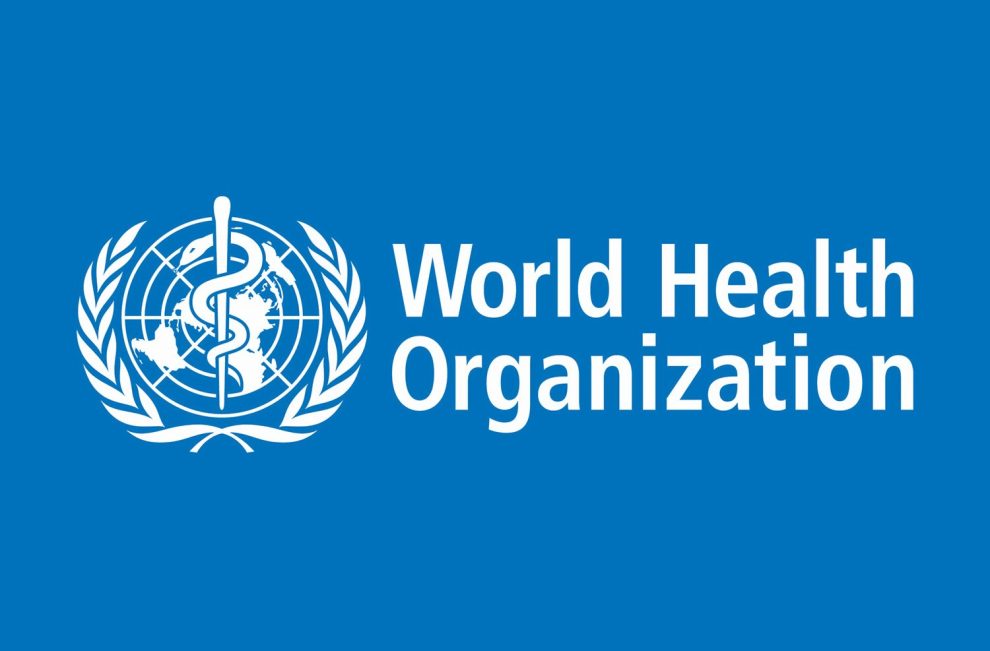The World Health Organization (WHO), in a technical note informed Sri Lanka that there is no need for the recipients of AstraZeneca vaccines to restart the full course of vaccination, in case the administration of their second dose is substantially delayed beyond the recommended 8-12 weeks.
The WHO, in its note shared with Sri Lanka, says updated data indicate a strong anamnestic response even after an interval of six months between the two doses. It means the first dose provides robust immunological priming.
Sri Lanka is in need of 585,000 doses of AstraZeneca vaccines to be administered as second dose. The country’s attempt to secure sufficient jabs has failed.
According to the WHO note seen by the Daily Mirror, the global supply of AstraZeneca vaccines is constrained due to multiple factors including company related production delays, shipping delays and specific unforeseen country needs. It says uncertainty of future supply has prompted countries to review policy and programmatic implications since the administration of the second dose of the vaccine within the WHO-stipulated 8-12-week schedule may not be feasible in the near future.
This technical note has been developed by the WHO secretariat and reviewed by members of the Strategic Advisory Group of Experts on Immunization (SAGE) and SAGE working group on COVID-19 vaccines.
According to Phase III clinical trial data, efficacy against symptomatic COVID-19 starts 22 days after the first dose of AstraZeneca vaccine.
After the administration of first doses, there has been more than 80% reduction in hospitalization and deaths.
In the United Kingdom, in the first 6-12 weeks after the first dose, reductions of greater than 80% (95% 36–95%) in hospitalizations and deaths were seen. These observational studies indicate that protection against severe disease from one dose is robust within these 12 weeks. (Daily Mirror)

